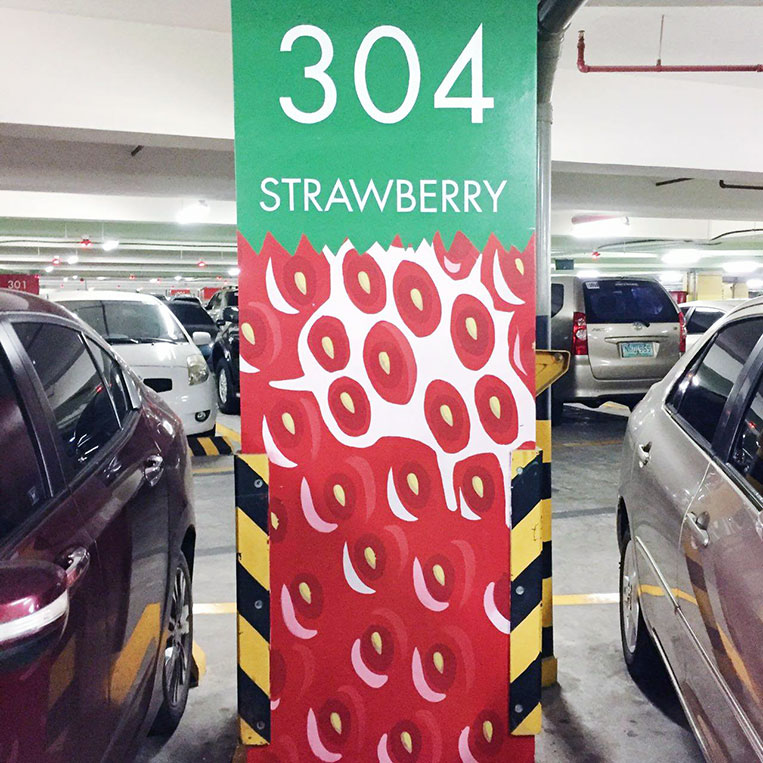
You may have noticed that parking rates in different parts of Metro Manila are going up. In particular, many parking management companies are adjusting their rates to discourage long stays—the rates may start out inexpensive, but they bump up significantly after a while. A humorous “Facebook event” recently called upon users to commiserate with each other over parking fees at Uptown Mall in Bonifacio Global City, where parking after the fifth hour will cost you P100 an hour.
In a world where we celebrate a week without train breakdowns, where people wrestle to get on packed buses and jeepneys, and where we can only dream of pedestrian safety, how is charging more for parking anything but cruel? But I’m going to argue in this piece that charging more for parking is not only fairer to all of society, but also one way in which we can fight our way out of traffic hell.
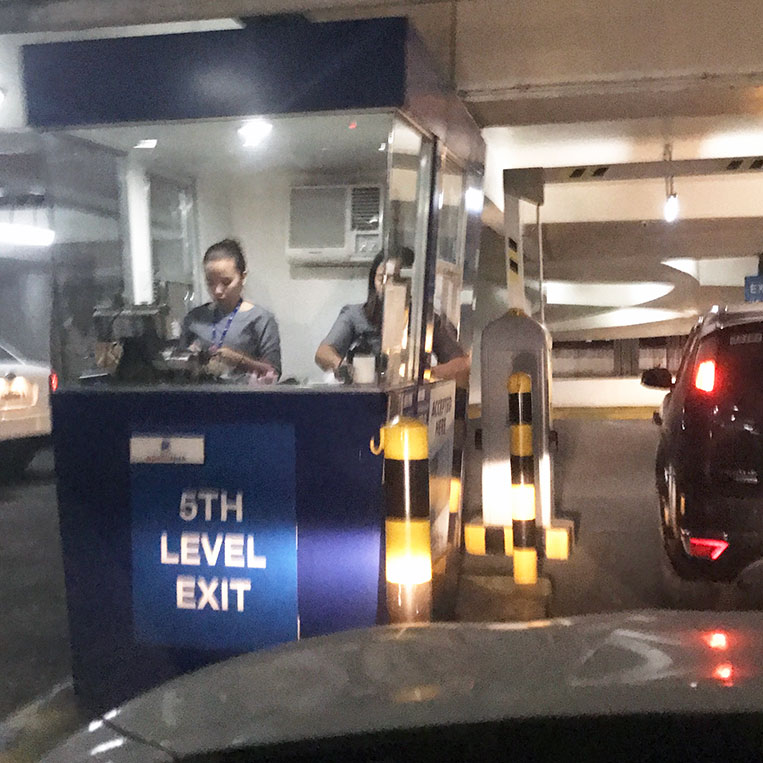
One objective of pricing parking is to ration use. Do you ever notice that when parking is free or cheap, it’s rare that you have it when you need it in high-demand areas? High supply at a low price means that everyone can consume it quite easily—if you’re lucky enough to get it. While some people are lucky enough to be able to park their car all day long for cheap, some people (say, those with emergencies) lose precious time waiting for a slot. Paradoxically, making parking cheap and abundant means fewer people who need it are able to get it.
Now, not all goods should be rationed in the same way. While we price power and water to discourage overuse, we also recognize that everyone needs at least baseline access to it, so we attempt to create pricing regimes that reasonably balance these priorities. As for parking, only some of us—not everyone—actually need parking at all, let alone all of the time. But when those of us who occasionally need parking do need it, we tend to need it urgently. Think of people racing to the hospital or to a life-changing job interview. Don’t we want to make sure that those people get to park when they need to, versus those whose concerns are not as urgent?
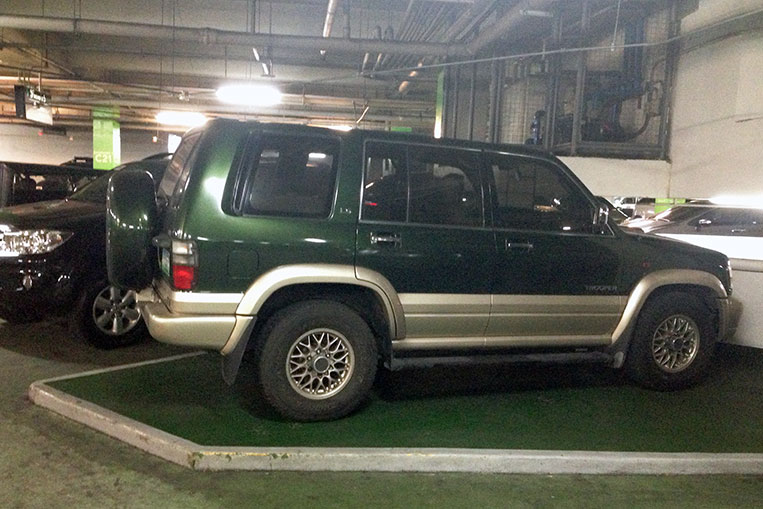
Pricing parking doesn’t just ration parking space, though. When parking is cheap or free, more people are encouraged to drive, and people are encouraged to wait or cruise until parking frees up. People pay more in time, and society pays more in congestion when you put more cars on the road, both from cruising and from people being encouraged to drive. More cars on the road doesn’t just mean slower speeds for people in cars, it means longer journeys for transit riders, pedestrians and cyclists, more pollution and more risk of being hit by a car. Some economists attach gigantic peso and dollar figures to congestion, but anyone can appreciate the joy of being able to travel on a street with less traffic and pollution—especially motorists.
But when parking is priced to appropriately ration capacity, people who have other viable travel choices are more likely to choose them. Some people who have no viable choice other than to drive will pay more in cash, but they will save time from having to wait in line or cruise, because there’s less demand for scarce parking. Society saves on time as well—and also reaps other benefits from lowered car use, such as reduced pollution and accident risk. Properly pricing parking can bring society huge benefits while costing next to nothing to implement.
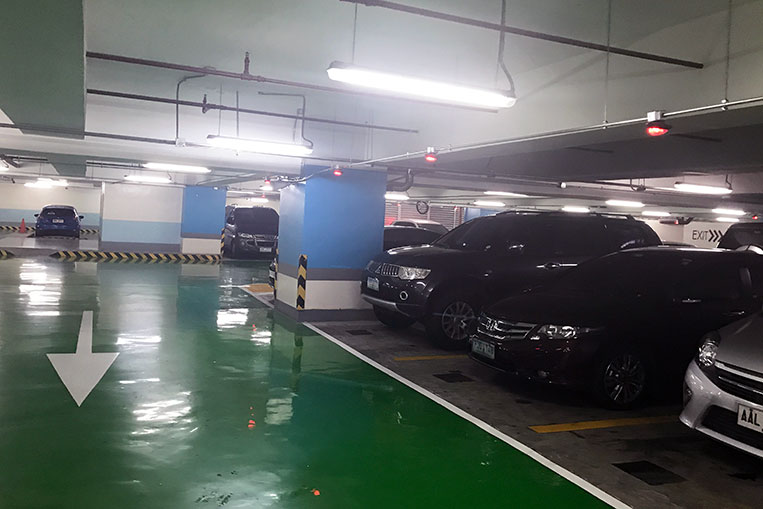
Of course, now you have a very important question: What is the right price to charge for parking? According to parking guru Donald Shoup, the philosophy to take in pricing parking is to charge “the lowest price that would still leave one or two spaces open on every block most of the time.” A good example of a working parking scheme is that run by the Makati Commercial Estate Association for street parking. In Makati’s Central Business District, you can park for two hours (P50) or three hours (P110)—but not longer than that, even if you are willing to pay more. This discourages people from parking their cars on the street and leaving them in one place all day. While it inconveniences some people, the parking regime guarantees that on weekdays, you can almost always find a space when you need one. This guarantees customer turnover for restaurants: People are discouraged from buying little and staying long, and new customers know they will have a place to park if they visit.
When parking is cheap or free, more people are encouraged to drive, and people are encouraged to wait or cruise until parking frees up
Some of the most livable cities in the world use sensible parking prices to manage traffic. Copenhagen in Denmark charges parking rates of up to 35 DKK (P300) per hour in the most critical zones. Even though Danes have higher incomes, that’s still nothing to scoff at. This is just one element of transport policy that puts 35% of Copenhagen’s trips on bikes. When we look at other cities and dream of their great transport systems, we have to realize that the shiny infrastructure is always accompanied by sound policy.
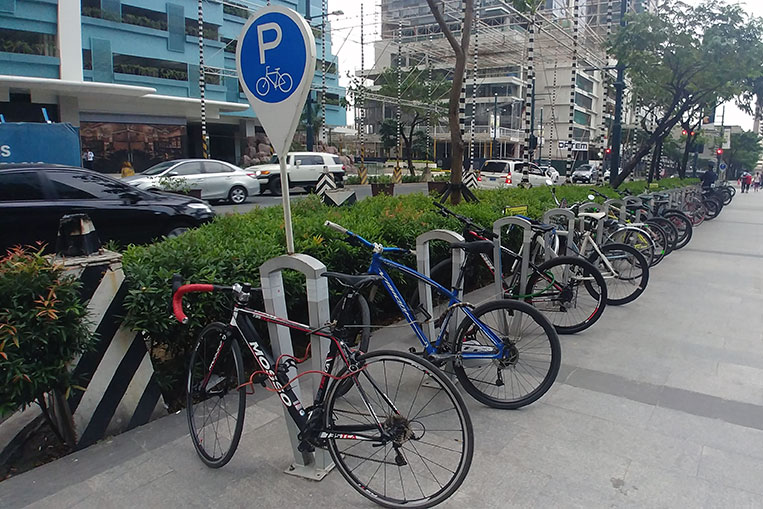
It goes without saying that charging more for parking should be complemented by viable alternatives to driving. Walking, cycling and transit should be promoted at the same time parking is rationed, so that people are likely to actually change behavior. Uptown Mall, the subject of the Facebook event, deserves credit for providing abundant bicycle parking for people traveling on two wheels. We should also note again, though, that when higher parking prices reduce driving, this also reduces congestion that slows down public transport—which makes parking fees a powerful tool for improving all other transport modes.


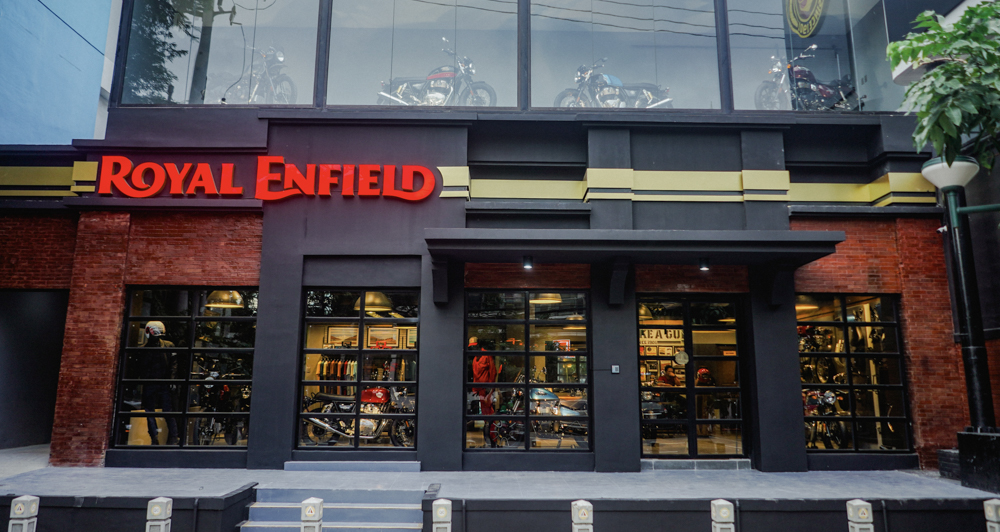



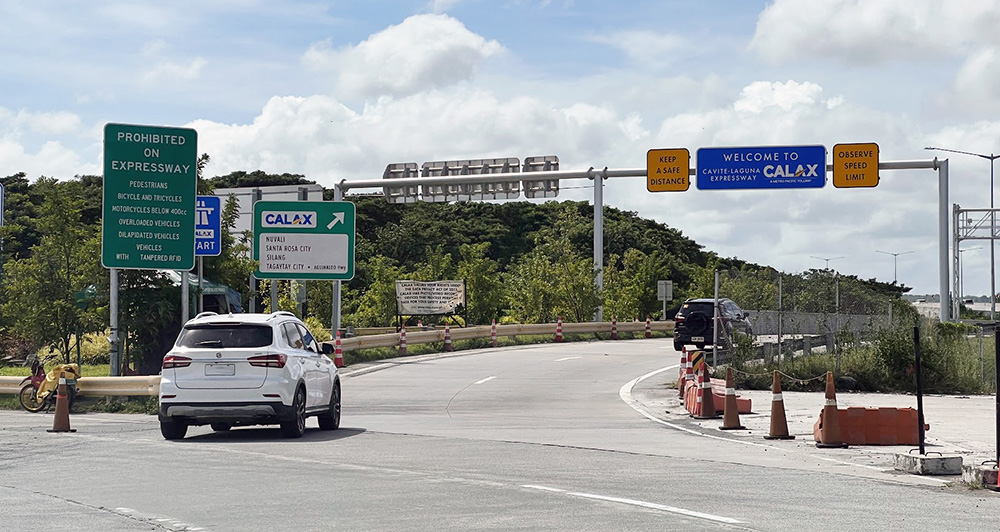
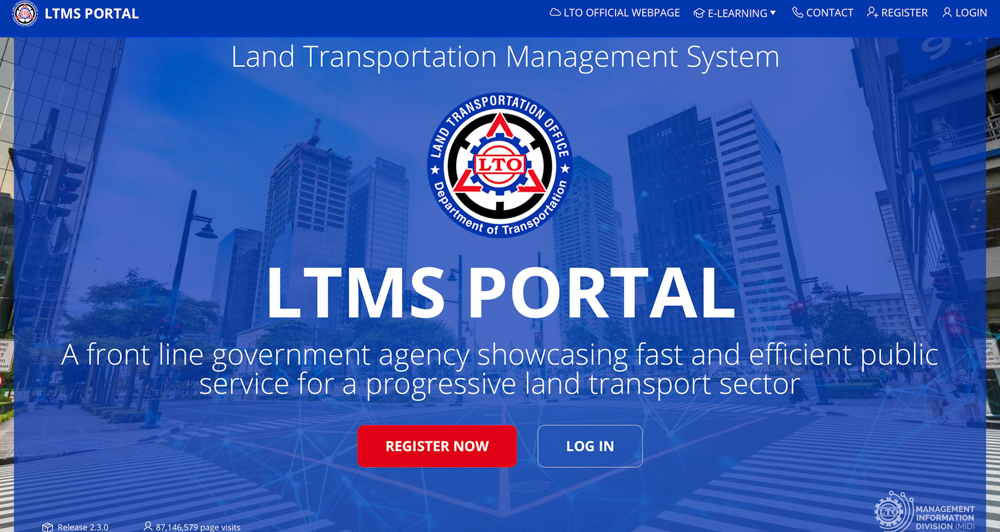
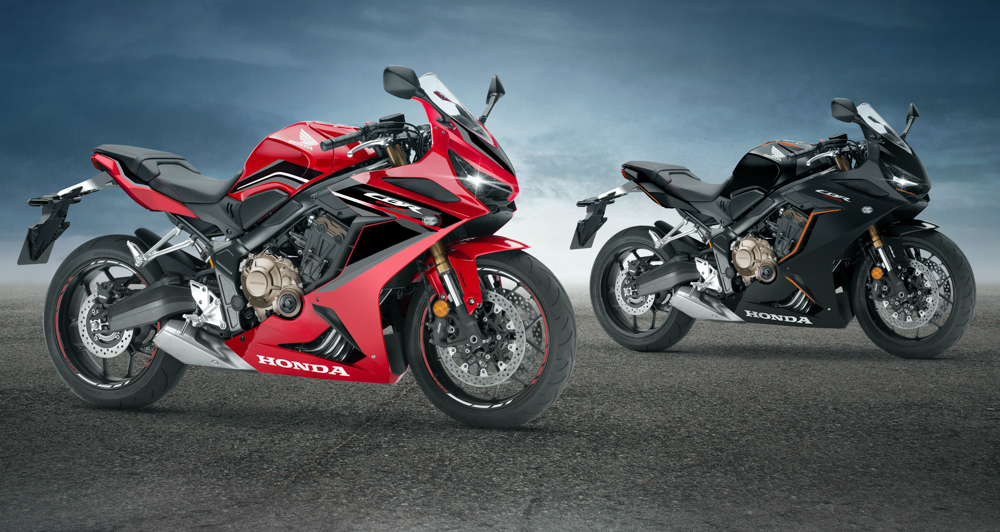


Comments